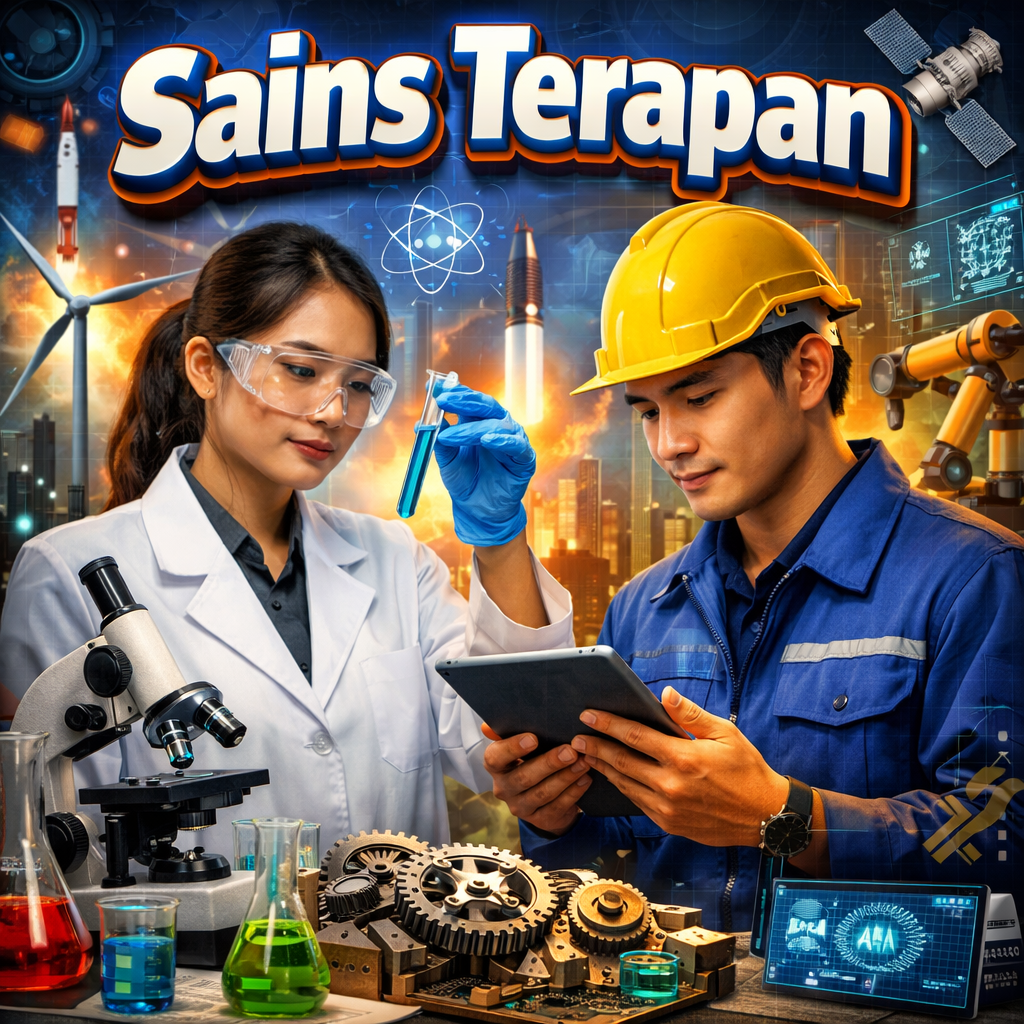
Construction study programs are designed to equip students with the skills and knowledge necessary to tackle real-world challenges in the construction industry. By emphasizing practical application of theoretical concepts, these programs prepare students to become effective problem solvers in various construction contexts. This guide explores how construction study programs foster knowledge application and develop essential skills for success in the field.
Core Components of Construction Study Programs

1. Theoretical Foundations
- Construction Principles: Students learn the fundamental concepts of construction, including materials, methods, and project management.
- Building Codes and Regulations: Understanding legal requirements ensures that students can navigate the regulatory landscape of construction projects.
2. Practical Skills Development
- Hands-On Training: Programs often include workshops and labs where students can apply theoretical knowledge to real construction tasks.
- Technology Integration: Familiarity with construction software (e.g., CAD, BIM) prepares students for modern industry practices.
3. Project-Based Learning
- Real-World Projects: Engaging in actual construction projects allows students to face and solve practical challenges.
- Interdisciplinary Collaboration: Working with peers from different fields (e.g., architecture, engineering) fosters teamwork and enhances problem-solving capabilities.
Teaching Real-Life Problem Solving
1. Case Studies
- Analysis of Past Projects: Studying successful and failed construction projects helps students understand the complexities of real-world scenarios.
- Problem Identification: Students learn to identify potential issues and develop strategies to address them.
2. Simulations and Role-Playing
- Realistic Scenarios: Simulations allow students to experience the dynamics of construction management, including budgeting, scheduling, and conflict resolution.
- Decision-Making Under Pressure: Role-playing exercises help students practice making critical decisions in high-stress situations.
3. Industry Partnerships
- Internships and Co-ops: Collaborating with construction firms provides students with direct experience and insights into industry practices.
- Guest Lectures: Industry professionals share their experiences and challenges, enriching the learning experience with real-world perspectives.
Skills Developed Through Construction Study Programs
1. Critical Thinking
- Analytical Skills: Students learn to assess situations, evaluate options, and make informed decisions based on available data.
- Creative Problem Solving: Encouraging innovative thinking helps students develop unique solutions to complex challenges.
2. Communication
- Collaboration Skills: Working in teams enhances students’ ability to communicate effectively with diverse stakeholders.
- Presentation Skills: Articulating ideas and solutions clearly is crucial in conveying project plans and proposals.
3. Project Management
- Planning and Organization: Students gain experience in developing project timelines, budgets, and resource allocation.
- Risk Management: Understanding how to identify and mitigate risks is essential for successful project execution.
Conclusion
Construction study programs play a vital role in preparing students for the challenges of the inca construction industry. By emphasizing knowledge application and real-life problem-solving, these programs equip future professionals with the skills necessary to navigate complex projects and contribute effectively to their teams.
As the construction landscape continues to evolve, fostering a strong foundation in practical problem-solving will be essential for the next generation of construction leaders. Embracing innovative teaching methods and industry partnerships will ensure that these programs remain relevant and effective in developing skilled professionals ready to tackle the challenges of tomorrow.
Read Also About Construction literacy refers to the knowledge and understanding of the processes, terminology, and tools involved in the construction industry.







